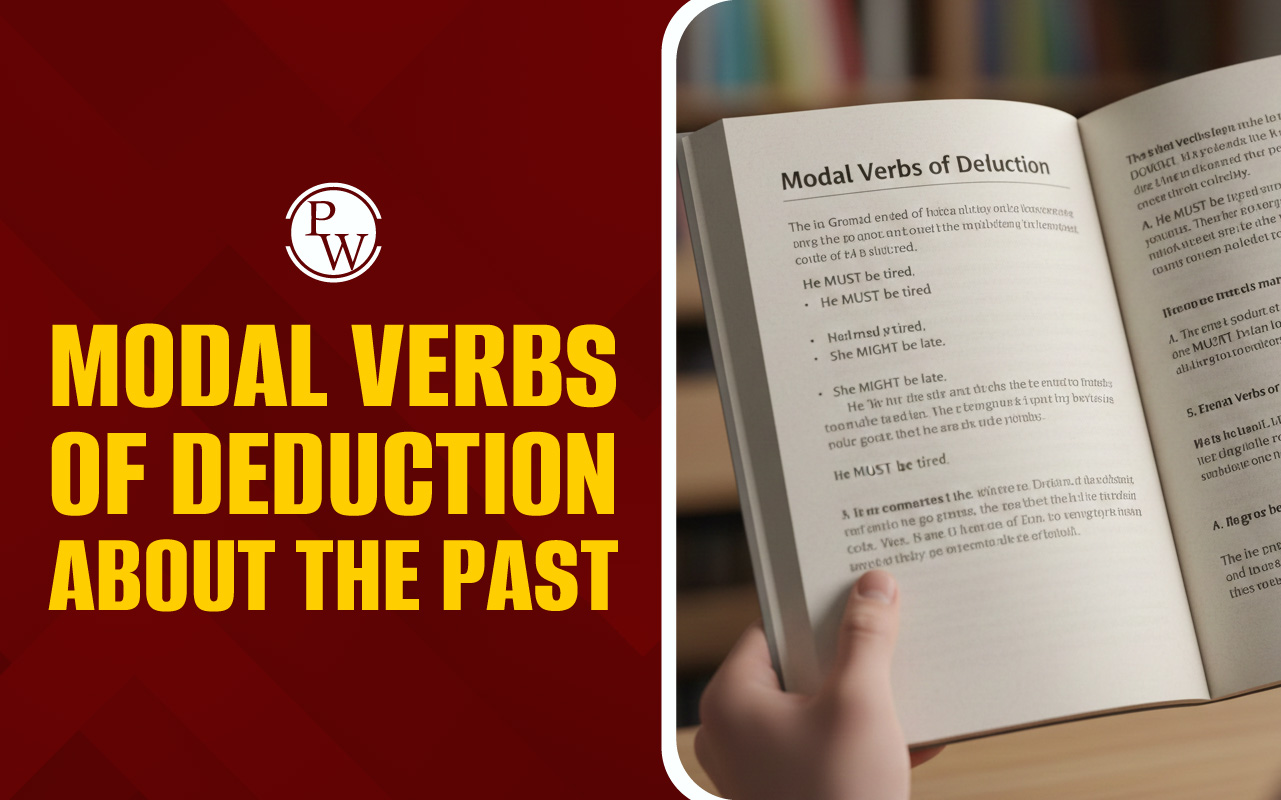
How Many Paragraphs for an IELTS Essay?: Essay writing is an important part of the IELTS Writing Part 2. The Writing Part 2 assesses four key band score criteria, each contributing 25% to the final IELTS band score: Task Response (TR), Coherence and Cohesion (CC), Lexical Resource (LR), and Grammatical Range and Accuracy (GRA). Therefore candidates must prepare a logical format to structure their essays for the IELTS exam.
How many paragraphs for an IELTS essay task 2? An IELTS essay should ideally have four to five paragraphs in task 2. While there is no strict rule on the number of paragraphs, however, exceeding more than five paragraphs may affect the clarity and coherence of the essay. An ideal IELTS essay should include an introduction, 2/3 body paragraphs, and a conclusion. Read the guide till the end to get a detailed insight into the IELTS essay structure.
Explore IELTS Online Courses - Enroll Now
How Many Paragraphs for an IELTS Essay?
A standard IELTS essay should have at least 4-5 paragraphs to ensure clarity, coherence, and logical progression. The number of paragraphs typically depends on the type of essay, the topic of the discussion, and the depth of the argument. A four-paragraph essay format is used for a clear and concise presentation of ideas where each paragraph focuses on one main idea with explanations and examples. Whereas, five paragraphs are included for discussion or opinion essays to elaborate on different perspectives.
Also Read:
Standard Paragraph Structure in an IELTS Essay
Below is a breakdown of commonly used formats:
Introduction (1 Paragraph)
The first paragraph of the IELTS essay should be an introduction to the main idea. It should be concise and include the following aspects:
-
A paraphrase of the essay question.
-
A clear thesis statement representing the writer’s main argument or opinion.
-
A brief outline of what the essay will cover
Body Paragraph 1 (1 Paragraph)
The first body paragraph should cover the following points:
-
Present your first main idea with an explanation and examples.
-
Use IELTS linking words for smooth transitions.
Body Paragraph 2 (1 Paragraph)
The second body paragraph should cover the following points:
-
Present your second key point with supporting details.
-
Relevant examples and linking words for better understanding and detailed information.
Body Paragraph 3 (Optional)
The third body paragraph is generally used for discussion or opinion essays to elaborate on different perspectives.
-
Introduce an additional argument or address a counterpoint.
-
Ensure balance if discussing an opposing view.
Conclusion (1 Paragraph)
In the last paragraph provide a conclusion. An ideal conclusion should:
-
Summarize key points.
-
Restate the opinion or suggest a final thought of the main idea.
-
Avoid introducing new information.
Generally, IELTS essays include four to five paragraphs to deliver the overall idea of the main topic. However, some essays may require slight modifications. For example, for IELTS Advantages-Disadvantages Essays, separate paragraphs are required to make proper distinctions. Additionally, for IELTS Problem-Solution Essays, one extra paragraph is required to discuss possible solutions. Therefore, it is important to ensure logical organization and clear argument development throughout the essay rather than following any restrictions on the number of paragraphs. Practicing different structures can help in efficiently adapting to various question types for the IELTS Writing test.
| IELTS Exam Important Links | |
|---|---|
| IELTS Reading Band Score | IELTS Listening Band Score |
| IELTS Speaking Band Score | IELTS Writing Band Score |
Guidance of PW IELTS
Physics Wallah offers multiple online IELTS courses for all students. Follow the IELTS pages to better prepare for the exam.
| What is IELTS Exam? | Documents Required for IELTS Registration |
| IELTS exam eligibility requirements | IELTS Exam Fees |
| IELTS test results | IELTS Exam Pattern |
How Many Paragraphs for an IELTS Essay FAQs
How can I get 8.5 in IELTS writing?
Can I write 5 paragraphs in IELTS task 1?
Is 8 paragraphs too much for an essay?
Can I write 5 paragraphs in IELTS writing task 2?
Is 7.5 a good IELTS score?







